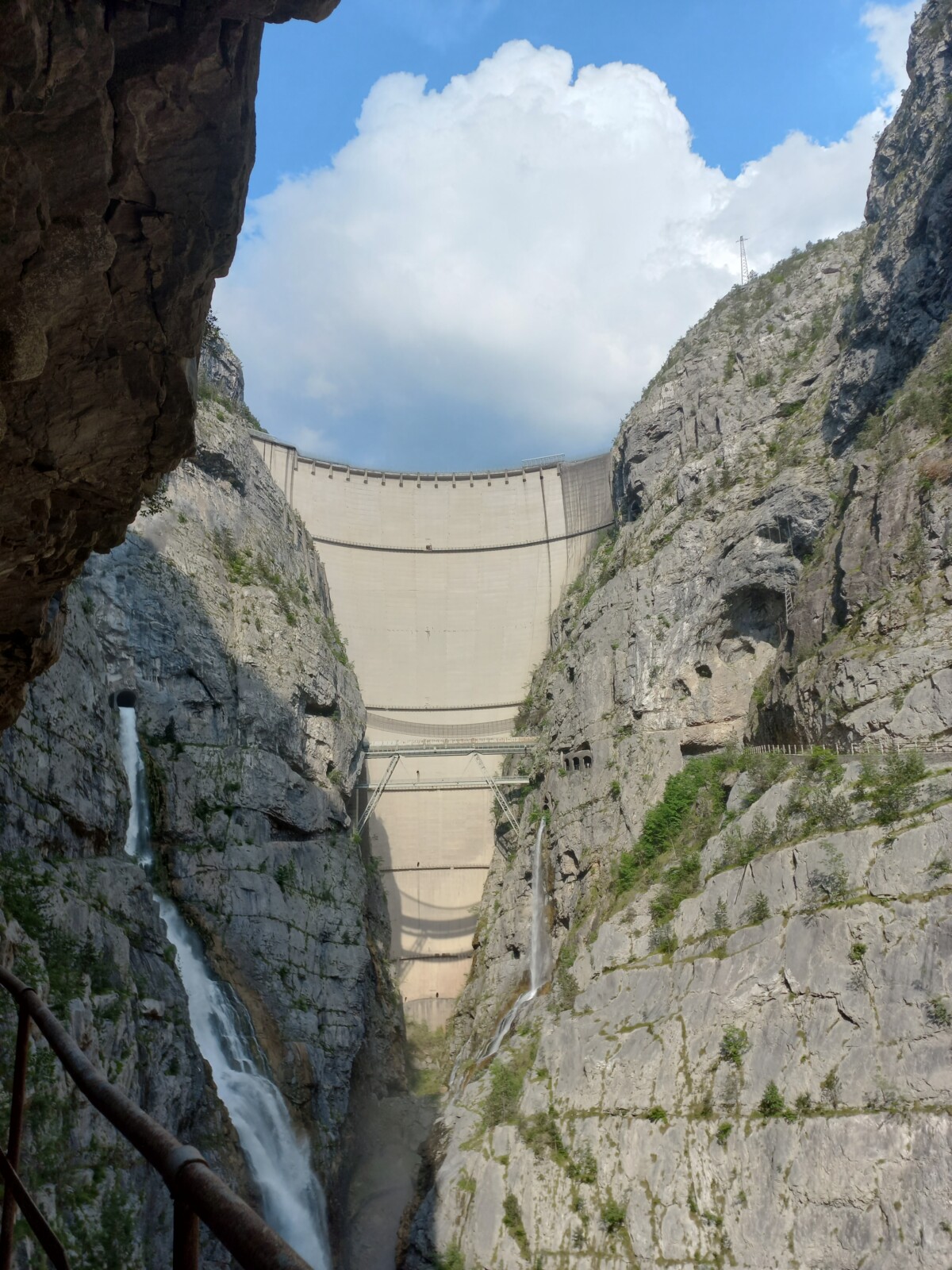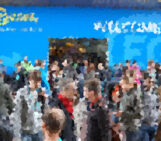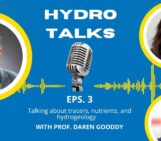
Alberto Viglione, is the President of the Hydrological Sciences Division of the European Geosciences Union. He is an Associate Professor in Hydrology at Politecnico di Torino.
As Division President, it is his job to represent hydrologists within the EGU, and to manage the administration of the division, especially arranging the programme at the General Assembly.
Can you tell us about the focus of your research?
My research mainly now focuses on understanding the implications of climate change for flood design. I started out in the field of flood frequency analysis, which my colleagues and I have extended to what we call flood frequency hydrology, which also takes into account unusual sources of information such as historical data and expert judgement. I’m working on adapting these methods to include climate change, changes in river regulation measures, and land use change in river basins.
For instance, I’m currently working on a project here in Turin that focuses on the European Alps. Together with climatologists, we want to attribute changes in floods to changes in atmospheric extremes and how they are influenced by large-scale patterns and trends.
I also work with practitioners, like engineers and river basin authorities. They have really detailed knowledge of the local situation. Here, communication is a really important issue – especially when it comes to uncertainty of the models we use.

The Vajont dam in Italy, formerly the highest dam in the world, where a catastrophic flood was caused by a massive landslide into the reservoir in 1963. From an excursion with students. Image credit: Alberto Viglione.
What originally inspired you to go into this field?
When I was in high school there was a big flood in my area. There were houses where the ground floor was essentially filled by mud and we helped during the clean-up. I remember digging out a car – like a treasure under the ground. This was one of the reasons why I became interested in hydrology.
About the same time I saw the theatre monologue of Paolini on the Vajont disaster, which is not really an hydrological event but still… The two experiences showed me just how hazardous water can be.
However, becoming a researcher in hydrology was not planned. I did an MSc in environmental engineering. The summer after I graduated, I couldn’t find a job, so my father got me work picking zucchini. They’re difficult because they grow so fast, so you never finish. When a former colleague told me a professor was searching for a student to do a project in hydrology, I did run for it. I would have done anything to get away from the zucchini. That project was when I became really passionate about hydrology – and when I finished it, I knew I wanted to do a PhD.
How did you become involved in the EGU?
When I first went to EGU, I was a young researcher without a clue how big conferences worked, running between presentations in different rooms.
A couple of years later, colleagues asked me to become a co-convener of a session on floods and droughts. Eventually, I took over as the convener and, with some more experience, I became the chair of the Catchment sub-division, together with Kerstin Stahl. And finally, when our division president, Maria-Helena Ramos, searched for a vice-president willing to take over since she was becoming the chair of the Programme Committee, I applied and here I am.

Giving updates during the division meeting at EGU24.
What are the most challenging – and most rewarding – aspects of being Division President?
I’m an introvert and in the beginning it’s always an effort for me to talk to people I don’t know well. As a Division President I have to do that all the time. However, I’m getting better at it.
Another challenge is the amount of work that comes with putting together the programme – assembling the sessions, finding rooms for everyone, all the technical work. It can be hard to be fair with the community and to provide everyone with equal opportunities in terms of visibility.
Something that has been very rewarding is that I’m now more visible in the hydrological community. I’ve gotten to know a lot of people and young researchers feel comfortable approaching me. Through the EGU council, I’ve also met fantastic scientists in other fields. I didn’t expect it, but I made new friends.
One of my favourite moments at the General Assembly is presenting the awards. It’s really nice to see how even these famous hydrologists are touched by this recognition. You really get to see the personal aspects of people whose papers you’ve been reading for years.

Awarding the Henry Darcy Medal to Alberto Guadagnini at EGU24.
What advice would you give young hydrologists?
My main advice is “don’t be scared”. I tell my PhD students that being insecure is part of research. You should always question what you are doing and be prepared to fail. And don’t think that the senior scientists are much better than you – they have more experience, but they still struggle with the same issues as you.
Also, read a lot while you still have the time to do so during your PhD. The further along you get in your career, the more other duties you will have to keep you busy. Try out different things with a low probability of success, enjoy your failures, and gather experience!
Interview conducted by Christina Orieschnig, Early Career Scientist Representative




